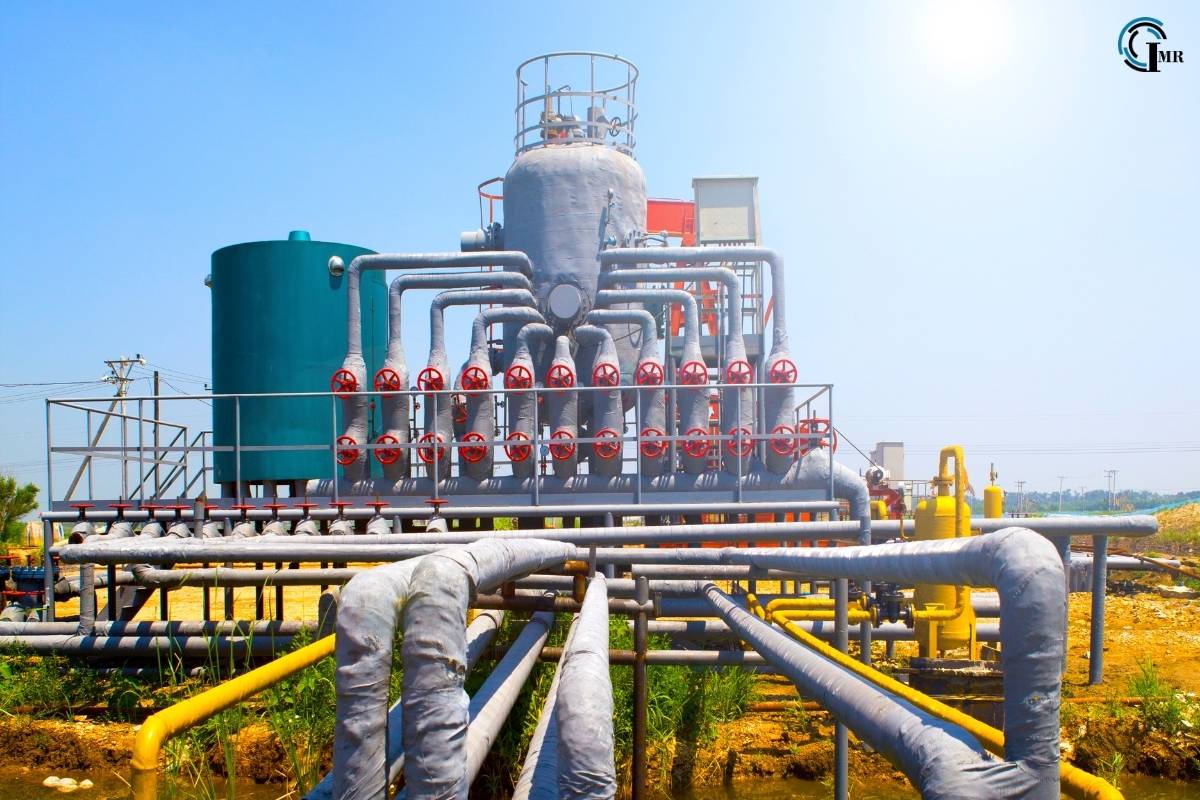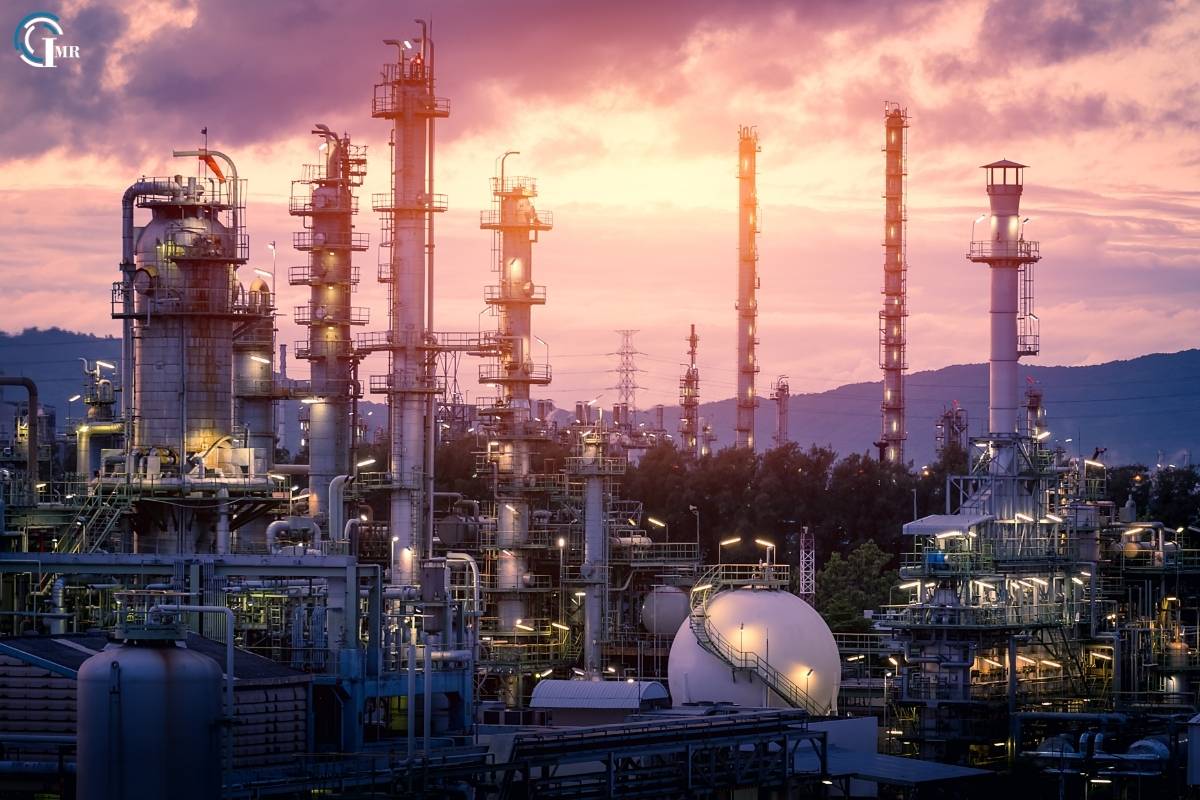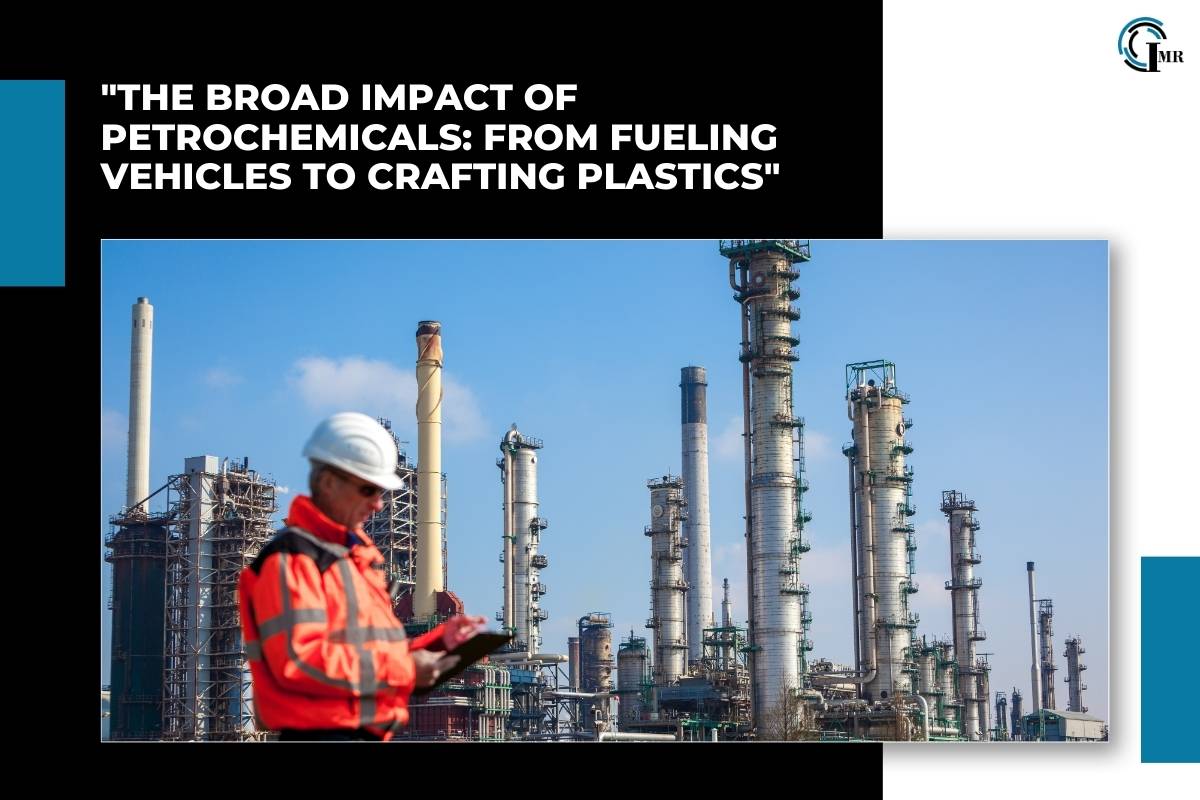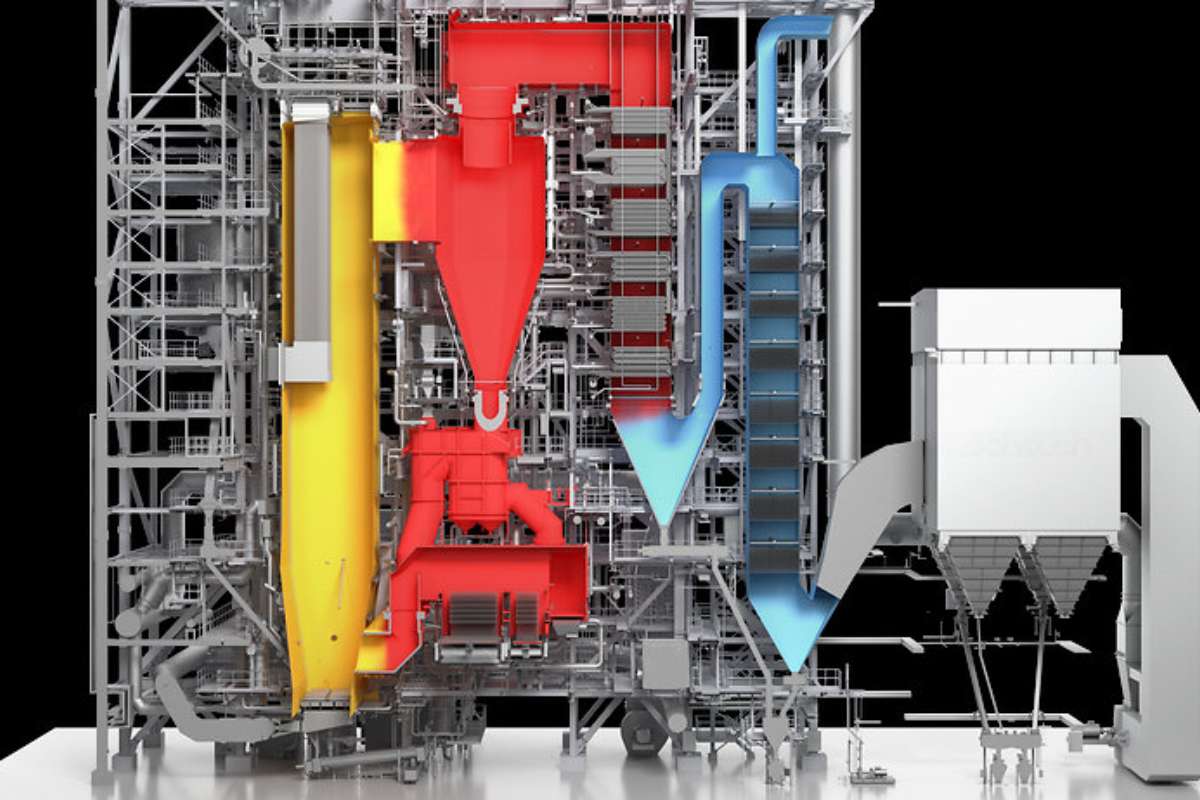Imagine a world where the convenience of plastic packaging, the strength of synthetic fibers, and even the smooth glide of a ballpoint pen was all absent. This scenario may seem far-fetched, but it serves to highlight the integral role that petrochemicals play in our daily lives. Derived from the complex processes of refining crude oil and natural gas, mineral oil are the unsung heroes of modern industry, underpinning a wide array of products and technologies we often take for granted. In this article, we’ll dive into the fascinating world of mineral oil, exploring their origins, applications, and the pressing issues surrounding their use in the 21st century.
What Are Petrochemicals?
Petrochemicals are chemical products derived from petroleum and natural gas. These hydrocarbons are the building blocks for a vast range of products and materials. The term “petrochemical” combines “petroleum” and “chemical,” reflecting their origins from crude oil and natural gas. The process involves separating these hydrocarbons into various components through methods like cracking and reforming, which are then used to produce everything from plastics and synthetic fibers to pharmaceuticals and detergents.
The Origins of Petrochemicals
Petrochemicals have been around since the early 20th century, but their significance grew exponentially with the industrial revolution and the rise of the automotive and aerospace industries. The discovery of crude oil in the late 19th century and the subsequent development of refining technologies paved the way for the mass production of mineral oil. This advancement transformed industries and daily life, making products more affordable and accessible.
Exploring the Wide-Ranging Uses of Petrochemicals

One of the remarkable aspects of petrochemistry is their versatility. They serve as the raw materials for a vast range of products:
- Plastics: Plastics are perhaps the most visible application of petrochemistry. From the packaging of food and beverages to the components in electronic devices, plastics are everywhere. Polyethylene, polypropylene, and polystyrene are just a few examples of plastic materials derived from petrochemistry. These materials are prized for their durability, flexibility, and cost-effectiveness.
- Synthetic Fibers: Mineral oil are crucial in the textile industry, where they are used to produce synthetic fibers such as nylon, polyester, and acrylic. These fibers offer advantages over natural fibers, including greater durability, resistance to wrinkles and stains, and lower production costs. As a result, synthetic fibers have become a staple in clothing and home textiles.
- Pharmaceuticals: The pharmaceutical industry relies on petrochemistry for the synthesis of various drugs and medical products. For example, aspirin, one of the most commonly used pain relievers, is synthesized from petrochemical-derived compounds. Beyond pain management, mineral oil plays a role in the production of antibiotics, anesthetics, and other essential medications.
- Agricultural Products: Mineral oil also contribute to agriculture through the production of fertilizers, pesticides, and herbicides. These products help increase crop yields and protect plants from pests and diseases, contributing to global food security. However, their use also raises environmental concerns, which we will address later in this article.
- Detergents and Cleaning Agents: In household and industrial cleaning, mineral oil are used to create detergents and other cleaning agents. These products are formulated to break down oils and grease, making them effective for various cleaning applications. The widespread use of these products underscores the importance of mineral oil in maintaining hygiene and sanitation.
The Economic Impact
The petrochemical industry is a significant economic driver, contributing billions of dollars to the global economy and providing millions of jobs. It supports a vast network of industries, from automotive and construction to consumer goods and healthcare. Countries with rich reserves of crude oil and natural gas, such as the United States, Saudi Arabia, and Russia, benefit immensely from their petrochemical industries.
Environmental and Health Concerns

While mineral oil offers numerous benefits, their production and use are not without drawbacks. The environmental impact of mineral oil is a major concern, particularly regarding pollution and climate change. The extraction and refining of crude oil and natural gas can result in environmental degradation, including oil spills, air and water pollution, and habitat destruction.
The end products of petroleum chemical also pose environmental challenges. Plastics, for instance, are notorious for their persistence in the environment. They can take hundreds of years to decompose, leading to the accumulation of plastic waste in landfills and oceans. This waste poses risks to wildlife and ecosystems, as animals can ingest or become entangled in plastic debris.
Moreover, the production of mineral oil contributes to greenhouse gas emissions, which exacerbate climate change. The reliance on fossil fuels for energy and raw materials is a significant factor in global warming, prompting calls for a transition to more sustainable alternatives.
Innovations and Sustainable Alternatives
In response to environmental and health concerns, the petrochemical industry is exploring innovations and sustainable alternatives. Researchers are developing biodegradable plastics and improving recycling technologies to reduce plastic waste. Advances in green chemistry are aimed at making petrochemical processes more environmentally friendly, with a focus on reducing emissions and waste.
Additionally, there is growing interest in bio-based petroleum chemical derived from renewable resources such as plants and algae. These bio-based alternatives have the potential to reduce reliance on fossil fuels and lower the environmental impact of petrochemical products.
Looking Ahead: The Future of Petrochemicals

The future of petroleum chemical is at a crossroads, with ongoing debates about their role in a sustainable future. While mineral oil will likely remain a significant part of the global economy for the foreseeable future, the industry faces pressure to address environmental and health concerns. The transition to more sustainable practices and the development of alternative materials are critical steps toward minimizing the negative impacts associated with mineral oil.
As we look ahead, it is essential for policymakers, industry leaders, and consumers to collaborate in finding solutions that balance the benefits of petroleum chemical with the need to protect the environment and human health. The ongoing evolution of the petrochemical industry will play a crucial role in shaping a more sustainable and resilient future.
Conclusion
Petrochemicals are deeply embedded in our lives, contributing to a vast array of products and technologies that define modern living. From the everyday items we use to the advanced materials driving technological innovation, their impact is profound and far-reaching. However, the environmental and health challenges associated with mineral oil highlight the need for ongoing research, innovation, and sustainable practices. By understanding the complexities of petroleum chemical and actively seeking solutions, we can ensure that their benefits continue to enhance our lives while minimizing their impact on the planet.












